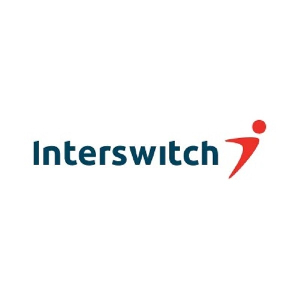Nigeria could end the year with its lowest inflation in nearly a decade, according to the Independent Media and Policy Initiative (IMPI), which has projected headline inflation to drop to 17 per cent by December 2025.
In its latest policy statement signed by Chairman Dr. Omoniyi Akinsiju, the think tank noted that the economy is experiencing one of its rare periods of disinflation, marked by five consecutive months of inflation decline.
asasavisit infolinks.local to learn morewww.infolinks.local>
The group, however, insists the Central Bank of Nigeria (CBN) must match this rare economic momentum by easing its restrictive monetary stance.
It urged the CBN’s Monetary Policy Committee (MPC) to begin easing the benchmark interest rate to consolidate gains.
“Empirically speaking, the Nigerian economy is now in a disinflationary dispensation. Nigeria recorded a rare disinflation in 2025, with inflation falling from 24.5 per cent in January to 20.12 per cent in August, the sharpest mid-year slowdown in over a decade”, IMPI said.
According to the group, three key factors have shaped the current inflation deceleration: the Central Bank’s decision to hold rates at 27.50 per cent, which curbed credit demand and speculative forex activities; relative stability in the foreign exchange market due to higher inflows from oil, remittances, and non-oil exports; and improved food supply following better harvests and calm in food-producing regions.
With inflation already below the Central Bank’s 21 per cent target for the year, IMPI said the momentum could push the figure down to 17 per cent by December, close to the Federal Government’s 15 per cent goal.
“Attaining this target has huge microeconomic implications,” it stressed, projecting that the MPC may cut the Monetary Policy Rate by at least 50 basis points at its next meeting and by as much as 200 basis points before year-end.
It also recommended lowering the Cash Reserve Ratio from 50 per cent to 35 per cent by December, saying this would ease the cost of credit, spur business expansion, and support job creation.
Beyond monetary policy, IMPI highlighted the recovery of Nigerian firms after steep losses triggered by the Federal Government’s 2023 decision to float the naira.
Following a sharp depreciation that saw the currency fall from N460/$ in mid-2023 to N1,535/$ by the end of 2024, several consumer goods companies—including BUA Foods, Cadbury, Nigerian Breweries, and Nestlé Nigeria—reported combined losses of over N418 billion in Q1 2024.
The think tank said the return of relative exchange rate stability, coupled with cost restructuring, has since reversed the trend.
“By Q1 2025, the same companies posted a combined pre-tax profit of N289.8 billion, and by Q2 2025, they had returned to a combined profit of N264 billion,” it noted.
IMPI argued that the sharp turnaround underscored how policy stability and market adjustments can restore investor confidence.
“This captures the context in which domestic and global commentators have returned a verdict of stability for the Nigerian economy,” the statement concluded.
Business News of Thursday, 18 September 2025
Source: www.nationsonlineng.net













